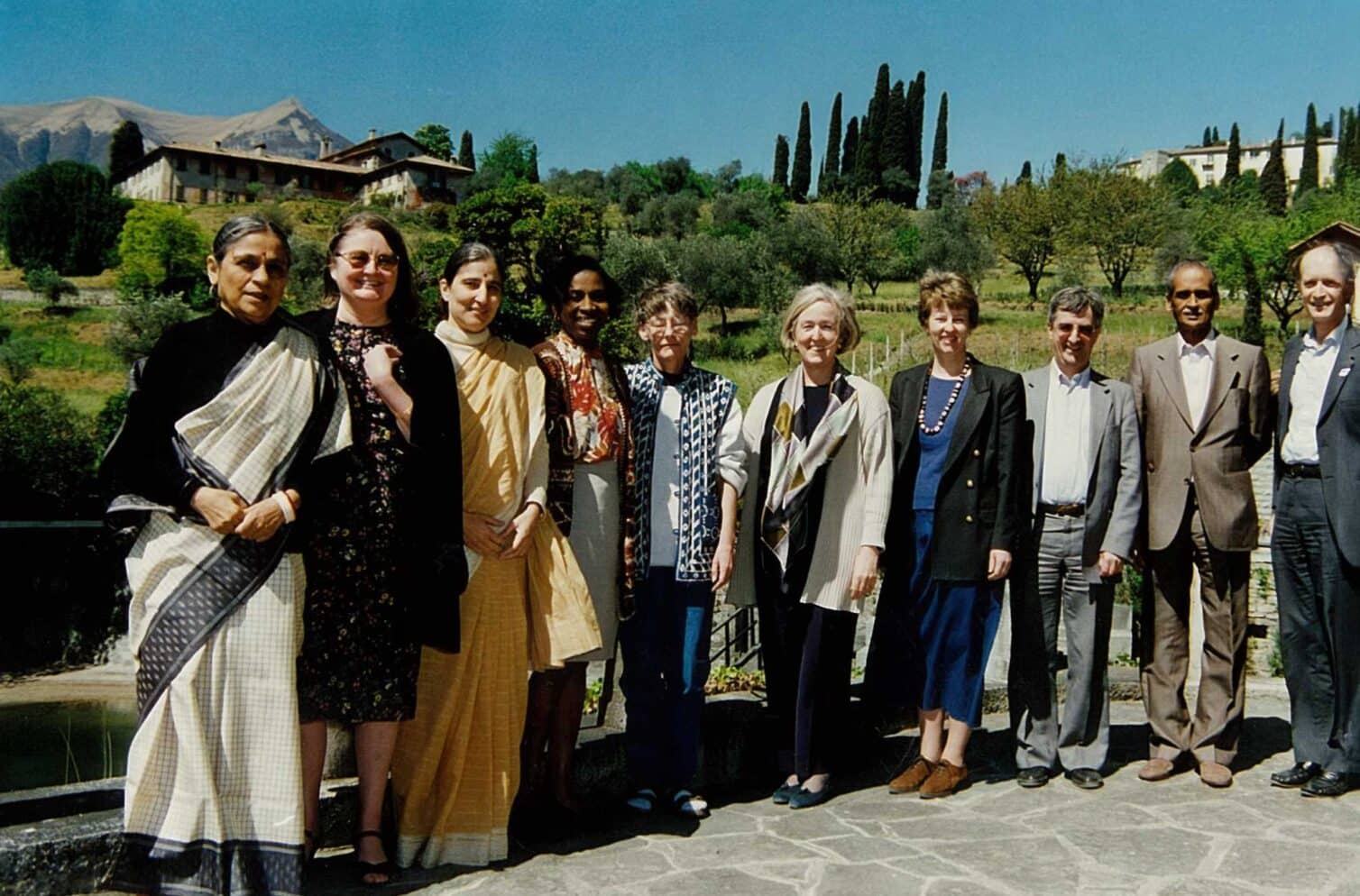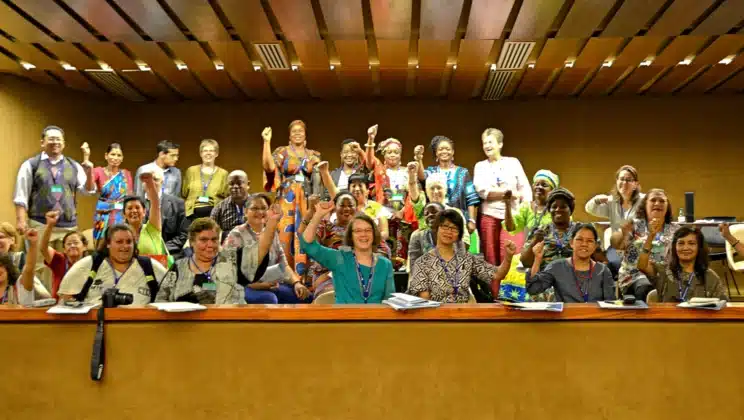Our History
In 1997, 10 specialists on the informal economy met to plan a collaborative project that would bring together multiple constituencies in support of women workers in the informal economy. While most of WIEGO’s key features were part of the original plan, the transformation of the project into a global network far exceeds the expectations of our founders.

